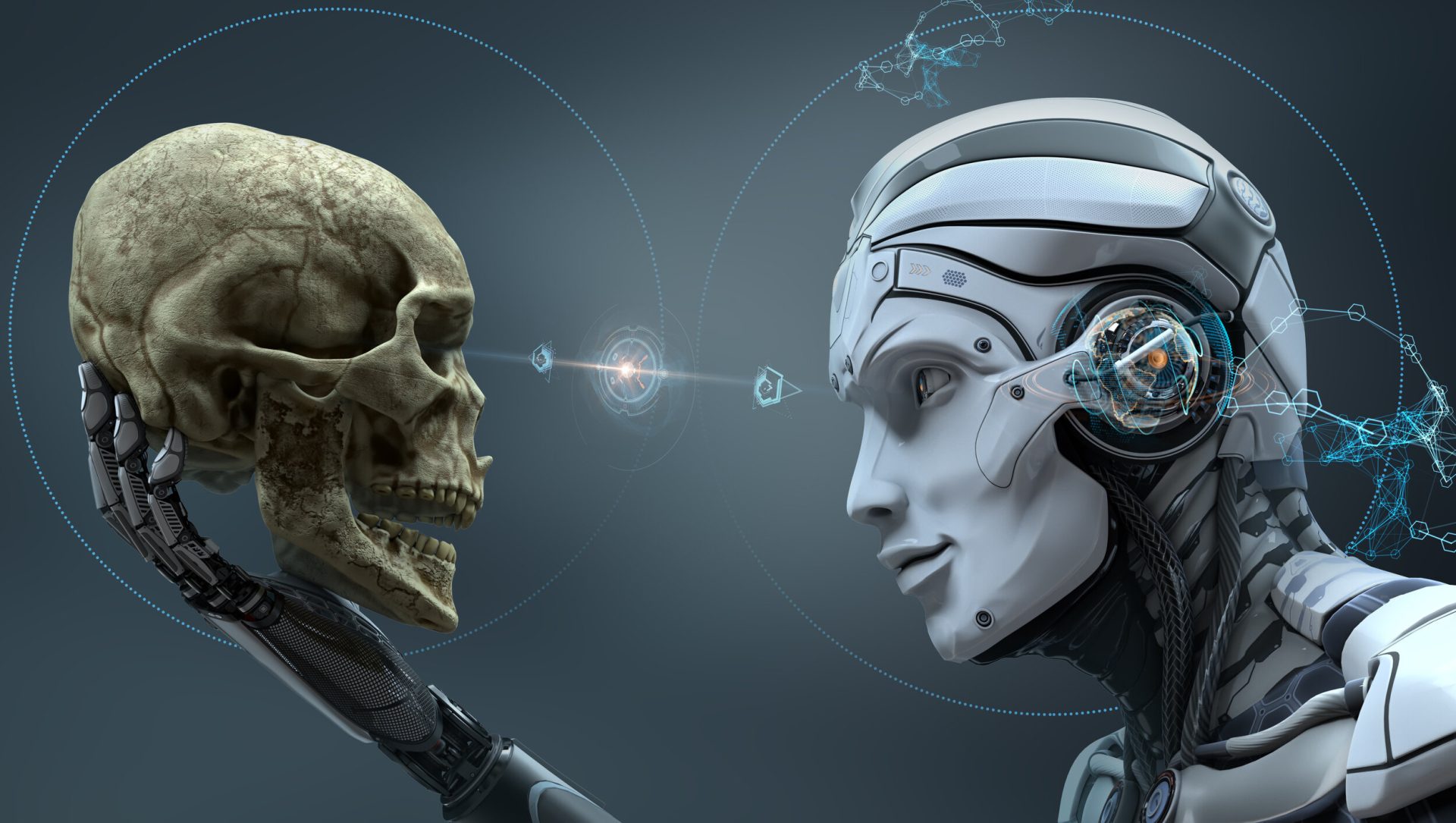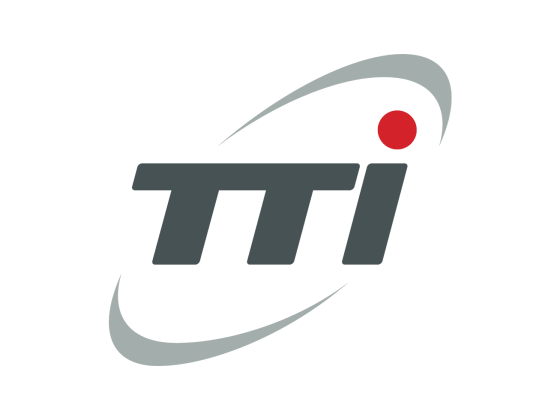Artificial intelligence has advanced rapidly in recent years. AI systems can now drive cars, beat humans at chess and Go, generate eerily human-like art and prose, and are increasingly being integrated into aspects of daily life. Yet despite the promising applications of AI, many humans remain fearful of more advanced AI and the future of ubiquitous intelligent systems. There are several reasons why humans are wary of AI:
Loss of Control:

AI systems can become more intelligent and capable than humans, potentially leading to a loss of control over these systems, which can be concerning.
Job Displacement:
As AI continues to improve and automate tasks, there is a fear that many jobs will become obsolete, leading to unemployment and social unrest.
Lack of Understanding:

AI can be complex and difficult to understand for many people, leading to fear of the unknown.
Ethical Concerns:
There are concerns about how AI systems make decisions and whether they will be biased or unethical, especially in areas like facial recognition, surveillance, and decision-making.
Security Risks:
AI systems could be hacked or manipulated for malicious purposes, which could lead to significant harm.
Existential Risk:
Some people are concerned that highly advanced AI could pose a threat to humanity’s existence, as portrayed in various science fiction stories and movies.
Privacy Concerns:
AI technologies often rely on the collection and analysis of vast amounts of data, which can lead to potential privacy violations and misuse of personal information.
It is important to note that these fears vary from person to person, and many people are excited about the potential benefits of AI. However, addressing these concerns is essential for ensuring responsible AI development and deployment.












